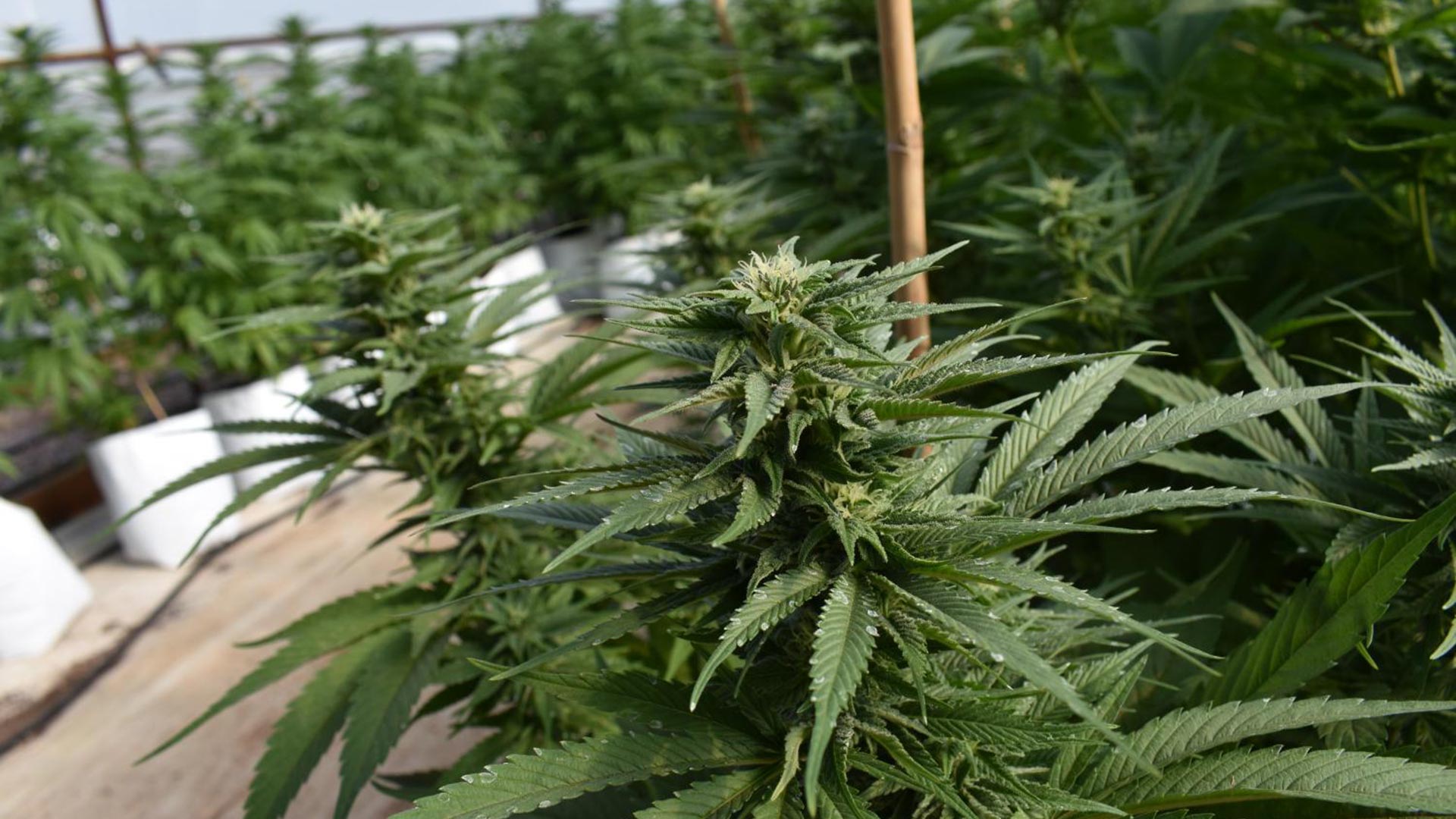 Organic marijuana being grown at an Arizona farm for processing into medical marijuana vapor fluids and pills.
Organic marijuana being grown at an Arizona farm for processing into medical marijuana vapor fluids and pills.
PHOENIX — The Arizona Supreme Court will determine whether edibles and other extracts are protected under the Arizona Medical Marijuana Act.
The court considered the question Tuesday in a case to determine if hashish — resin from the marijuana plant — is the same as the plant itself, the Arizona Capitol Times reported .
Yavapai County prosecutor Benjamin Kreutzberg, representing the state, said voters knew the difference between marijuana and hashish and other extracts when they voted to legalize marijuana for medical purposes in 2010.
He said they did not intend for extracts or edibles to be included in the legal substances.
Kreutzberg said the language in the act permits marijuana patients to access "usable marijuana," meaning the marijuana flower and leaves of the plant. Anything else he says would be illegal.
Justice John Pelander said the distinction could not be determined from the materials voters were given in 2010.
Pelander also said the definition of marijuana does include all parts of the plant, contradicting what Kreutzberg argued.
"It's undisputed in this case that the resin that we're talking about here is a part of the plant," Pelander said. "So tell me again why the people of Arizona would have known that resin extracted from a marijuana plant would not be covered" by the act?
The case stems from the 2013 arrest of Rodney Christopher Jones for possession of 0.05 of an ounce of hashish, even though he had a valid medical marijuana card and bought the product from a state-licensed dispensary.
Yavapai County Attorney Sheila Polk prosecuted Jones and he was sentenced to two and a half years in prison. He was freed in June 2017.
The Arizona Court of Appeals concluded in June that hashish is legally not the same as the plant itself.
If the state's highest court upholds the decision, it could affect dispensaries statewide.
The court gave no indication when it will rule.

By submitting your comments, you hereby give AZPM the right to post your comments and potentially use them in any other form of media operated by this institution.